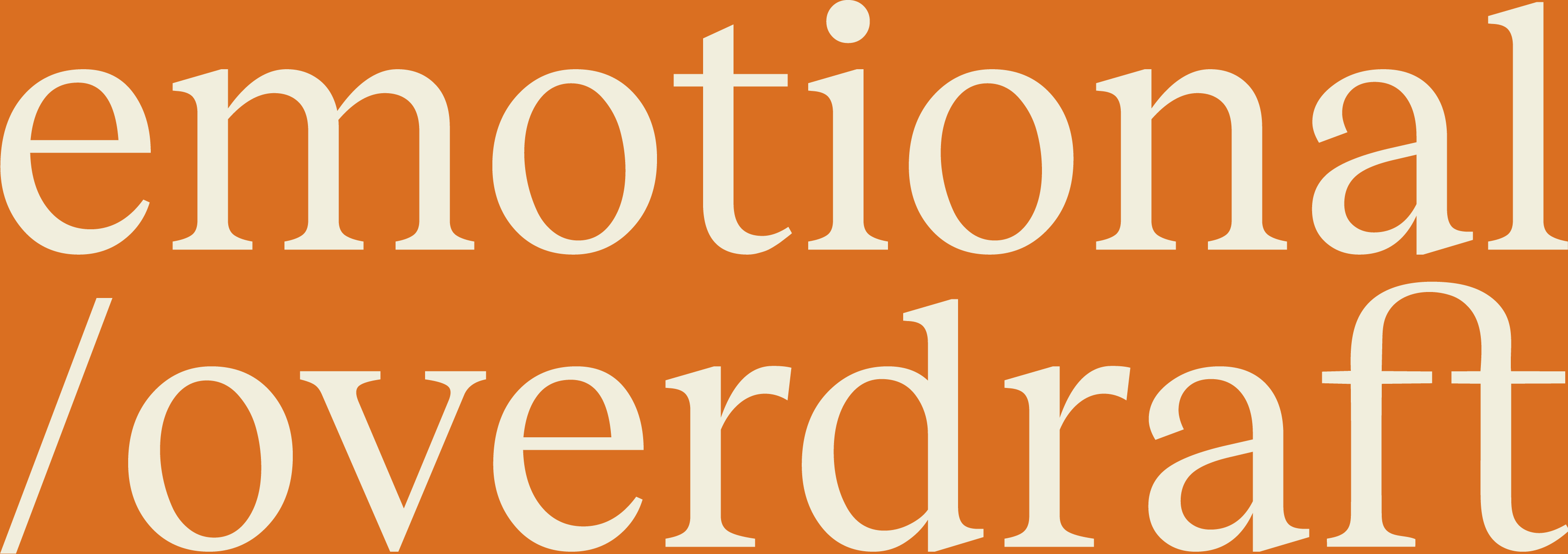As a child, I was profoundly influenced by Carl Sagan. His book Cosmos was a constant companion, full of incredible ideas. Sagan, more than just an astronomer, was a philosopher who understood the importance of wonder and curiosity, especially in children. This short video – and the extra excerpt from Carl below it is an incredibly valuable lesson for leaders – not only to encourage others to continue to ask those ‘big’ or ‘dumb’ questions but to try and continue to ask them themselves.
“Every now and then, I’m lucky enough to teach a kindergarten or first-grade class. Many of these children are natural-born scientists – although heavy on the wonder side and light on scepticism. They’re curious, intellectually vigorous. Provocative and insightful questions bubble out of them. They exhibit enormous enthusiasm. I’m asked follow-up questions. They’ve never heard of the notion of a ‘dumb question’.
But when I talk to high school seniors, I find something different. They memorize ‘facts’. By and large, though, the joy of discovery, the life behind those facts, has gone out of them. They’ve lost much of the wonder, and gained very little scepticism. They’re worried about asking ‘dumb’ questions; they’re willing to accept inadequate answers; they don’t pose follow-up questions; the room is awash with sidelong glances to judge, second-by-second, the approval of their peers.”
-Carl Sagan, The Demon-Haunted World: Science as a Candle in the Dark

